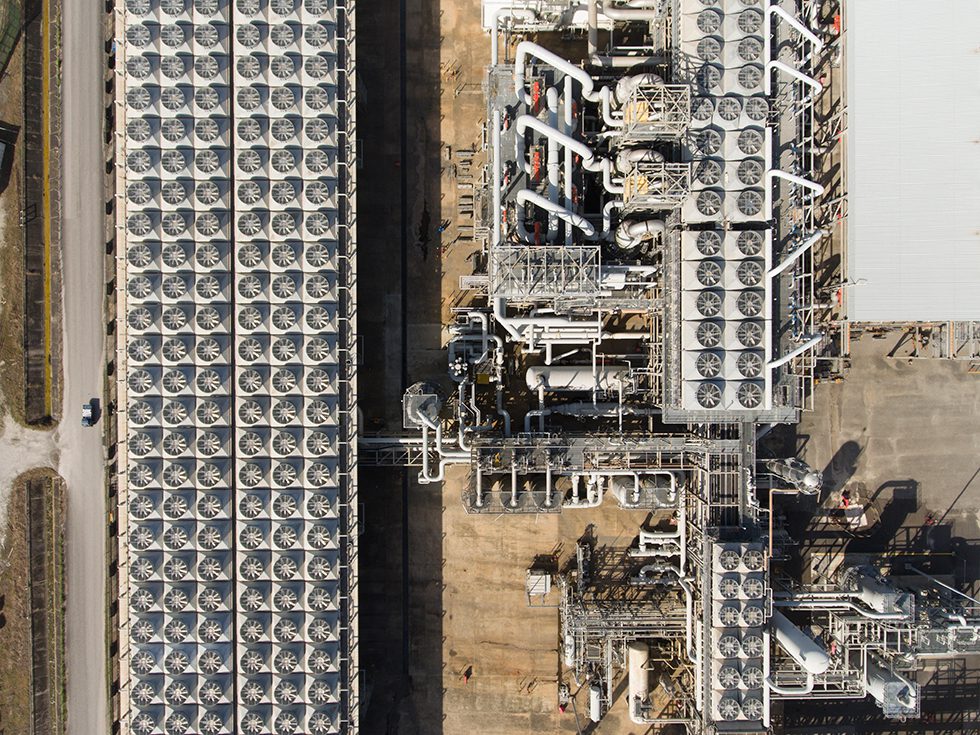Atlantic LNG shareholders – Shell, bp and the National Gas Company of Trinidad and Tobago – recently reached an agreement to restructure the company, a move that was welcomed by the T&T Energy Chamber. This comes as the global LNG market tightens due to lower supply growth and rising competition between Asia and Europe, resulting in soaring LNG prices.
It now presents an opportunity to redevelop the LNG business in T&T.
Atlantic is one of the world’s largest producers of liquefied natural gas, producing from fields in and around T&T to its liquefaction facility headquartered in Point Fortin.
T&T intent on ramping up natural gas production to highest levels possible | OilNOW
It boasts four massive LNG trains – with a total production capacity of around 14.8 million tonnes per year. Its fourth train is among the largest in the world with a capacity of 5.2 million tonnes of LNG per year. Shell is the majority stakeholder in each train. It has 46% in the first, 57.5% in the second and third and 51.11% in the fourth.
Now, after four years of negotiations, things are about to change.
T&T’s NGC will now have shares in all four liquefaction trains. Before, it only had shares in two. Chinese Investment Co gave up its active 10% stake in one train as the unit is no longer active and will remain shut for the near future. Shell and bp have also reduced participation in two trains.
According to the T&T Energy Ministry, this will result in a unitized facility owned by one joint venture with a common ownership and commercial framework for gas supply, processing, LNG production and natural gas liquids offtake. The agreement will lead to greater commercial certainty by freeing up billions of dollars in investment for exploration and production. It will help develop the Manatee project, which holds 2.7 trillion cubic feet of gas reserves on the Trinidad side.
Shell starts up gas production at Colibri project offshore Trinidad | OilNOW
The Energy Chamber in a subsequent release noted that clarity on the ownership and commercial structure of Atlantic and the pricing mechanisms for natural gas exported through the facility are “vital” elements for investor confidence.
“These agreements will assist companies in making investment decisions in new upstream exploration and development, which are also critical for the country’s petrochemical sector. The announced system to allow third-party gas suppliers a route to access the facility will also help spur upstream investment beyond the Atlantic shareholders,” it outlined.
The final legal agreements are set to be completed in early 2023.



